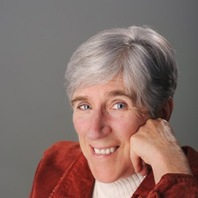 Mary Gottschalk
Mary Gottschalk Raised and educated in the Midwest, Mary traveled to New York City to build her career. Fifteen years later, she and her husband left all behind and set out on a sailboat, an action that prompted her first book: Sailing Down the Moonbeam.
Mary has lived and/or worked as a financial consultant in the U.S., as well as Panama, New Zealand, Australia, Europe and Mexico. Along the way, she backpacked through Asia and the Middle East. She now makes her home in Des Moines, Iowa where she focuses her professional energies on writing and assisting nonprofit agencies that serve the homeless and the mentally ill.
Mary's reflection is about becoming yourself.
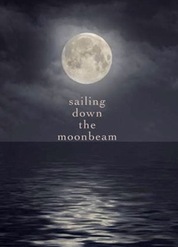
When was the last time you chose to step outside your comfort zone?
The notion that we grow the most—personally, professionally, and spiritually—when we step outside our comfort zone has been central to my life and central to what I have chosen to write about over the last decade.
The flashy part of the journey, of course, lies in taking the “big steps,” the dramatic life changes that challenge you to re-examine, to question, your core values and beliefs. In my own life, I took such a big step when I chose to abandon a seemingly successful career in finance in New York City to circumnavigate the world in a small sailboat. Years later, when I decided to write a novel, I wanted something equally big but a change that didn’t require leaving home. In this case, I chose a series of betrayals that would hurtle my fictional protagonist, Lindsey, out of her comfort zone against her will.
Quindlen’s quote reminds us that dramatic external change provides a necessary but hardly a sufficient condition for growth. Growth has to come from within. Quindlen’s message is that much of the heavy lifting in the matter of personal growth comes through the often exhausting, sometimes frightening effort, step by small step, to find a new approach to getting through the day. It requires a conscious effort to step outside our psychological comfort zone as well as our external or environmental one.
As I’ve noted in past blogs, psychologists often define one’s psychological comfort zone as the spectrum of behaviors and emotions that an individual is willing to allow, based on values and patterns developed during childhood. Put another way, your comfort zone sets the emotional and relationship boundaries beyond which you will not go—even when the resulting behaviors are counterproductive in adult relationships.
So it is with Lindsey, a charming and competent but introverted woman who prefers to listen rather than to talk. But Lindsey’s reserve goes far beyond the normal energy saving devices of an introvert.
Caught up in her childhood image of the perfect wife and mother, Lindsey worries that she is far from perfect, but she has never been willing to acknowledge her own anxiety even to herself, let alone to others. As a result, she often sees herself as a victim of people who consistently put their own needs ahead of hers, a casualty of family and friends who are willing to betray her for their own comfort. From my authorial perspective, Lindsey has been “betrayed” because she never told anyone what she wanted . . . because she did not share enough of herself for those who cared to understand how not to betray her.
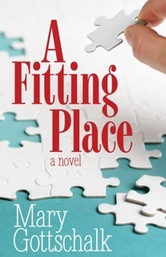
Lindsey’s story, of course, is fiction. But I would venture to say that her story carries a large kernel of universal truth … that we all struggle to break bad habits and modify behaviors that hold us back from the goals we want to achieve and estrange us from the people we care most about.
For me, this is a never-ending process.

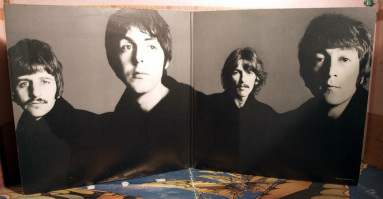


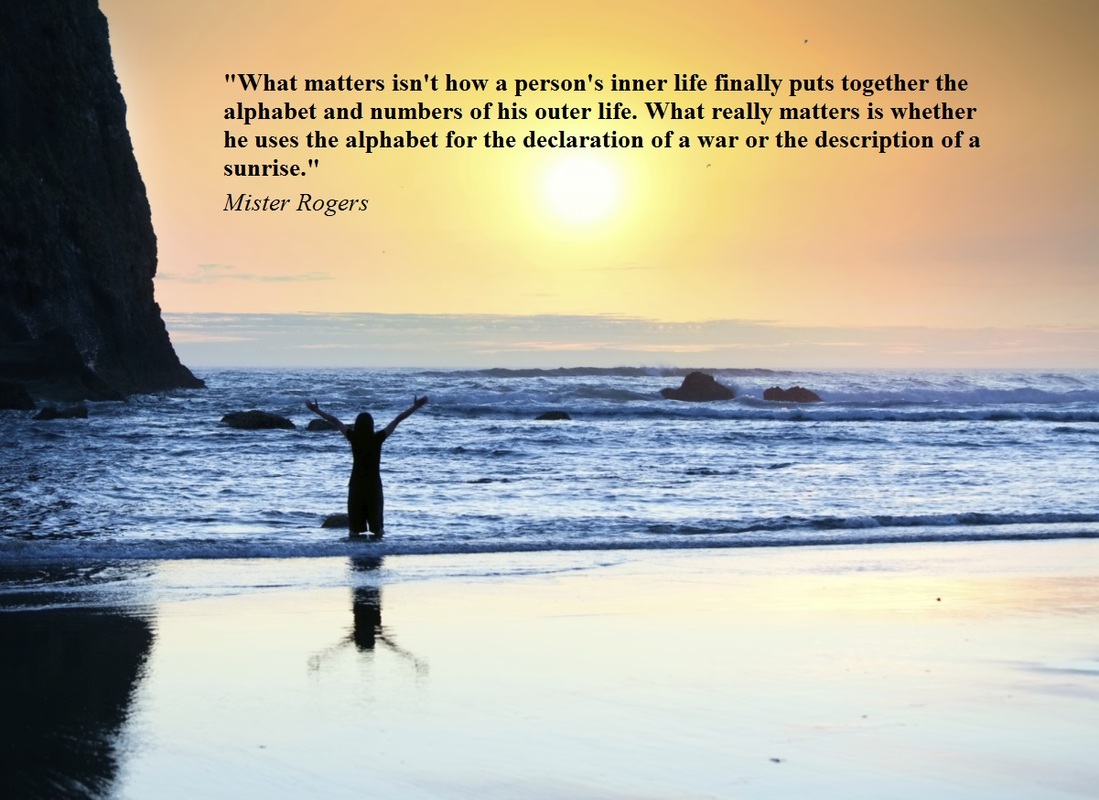
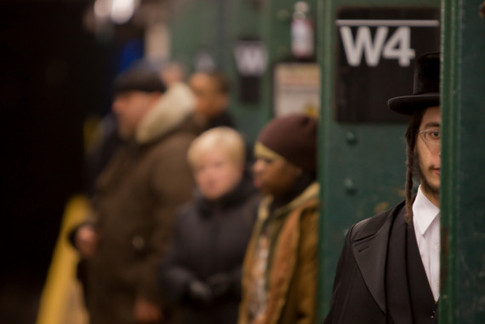
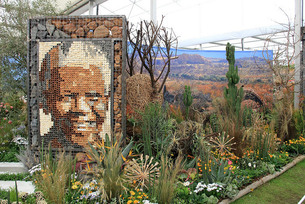

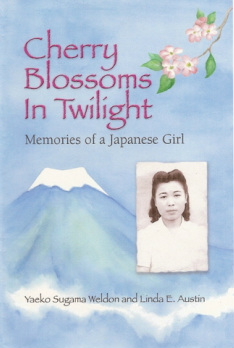

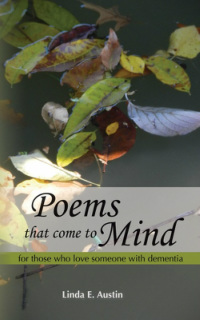



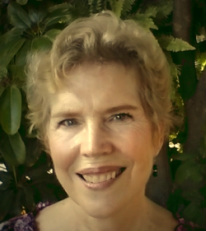

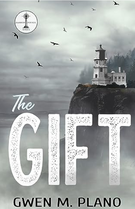
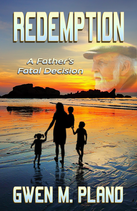

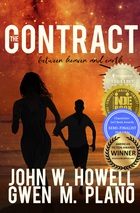
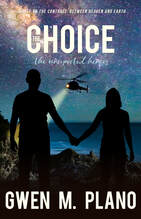
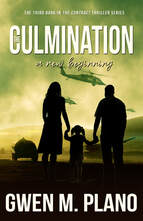
 RSS Feed
RSS Feed